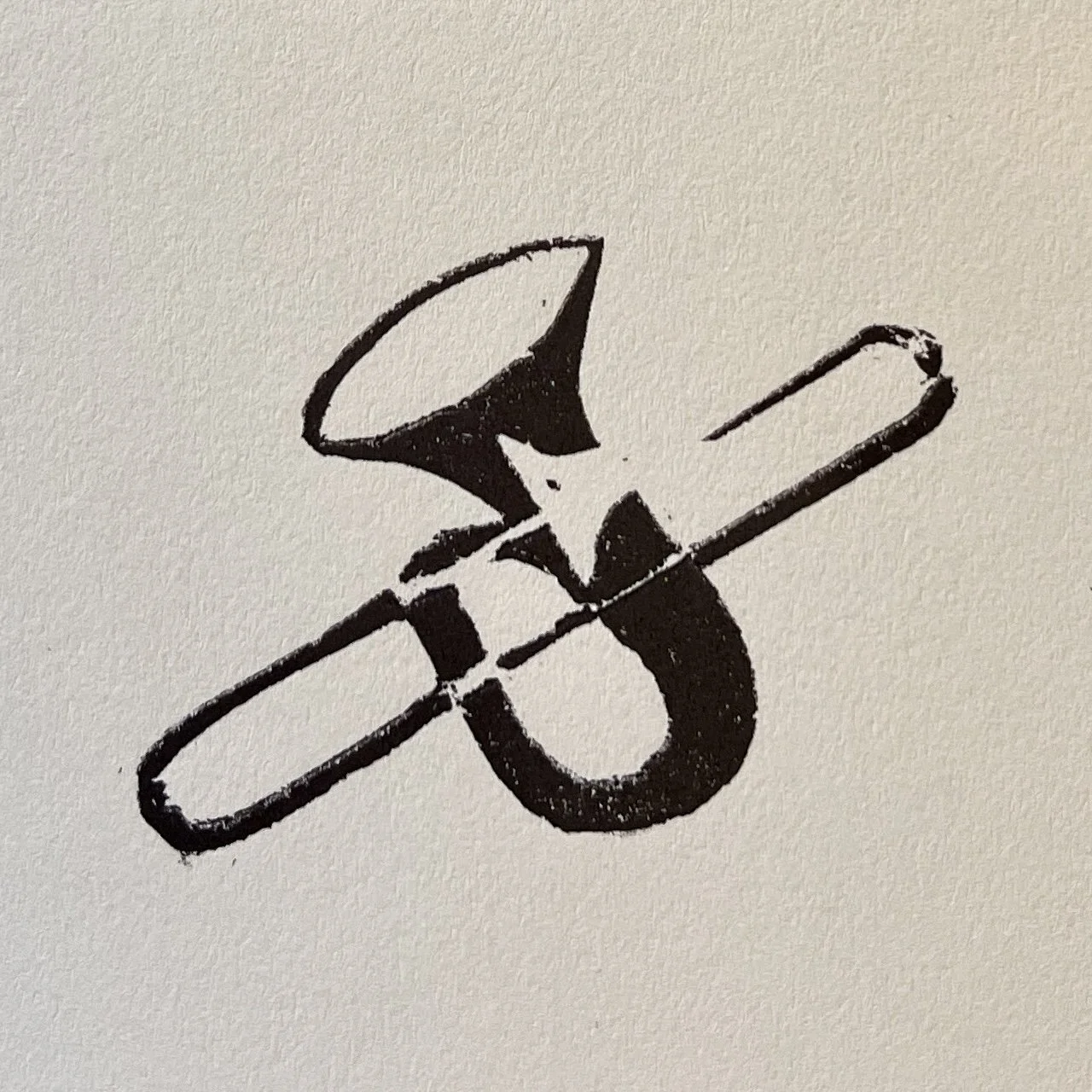Fractals
Fractals. By Gerry Sloan. (River Oaks Press, Russellville, AR)
Reviewed by Phillip Howerton
Somewhere along the way in childhood I acquired a pen-sized microscope/telescope. This was one of my favorite toys. It was pocket-sized and practical, allowed me to look close and faraway, and lent perspective to mundane features of everyday life. Fractals, a chapbook of 36 poems by Fayetteville poet Gerry Sloan, has much in common with this long-lost gadget. This collection of terse verse is a compact granter of perspective, bringing both the near and distant into sharper focus to both my amusement and delight.
This little collection was produced by Andy Anders of River Oaks Press of Russellville, Arkansas, on an antique manual press using handset metal type and printed one sheet at a time. As I was told, this hand press was limited to 180 characters, and one of the poems used the full reserve of the letter O.
These 36 poems range in length from four words (including the title) to approximately sixty, and they deliver a wide range of tones, topics, and themes. Playful, witty, brooding, wry, and wise, these poems grant a sense of joining the poet on a hill to watch as the bustling, anxiety-laden, and narcissistic twenty-first century staggers past. Some topics are the pandemic, nature, human nature, inhumanity, racism, climate change, urban sprawl, and poetry—and the timeless topics of love, life, and death. You will enjoy reading many of these poems more than once, and there are several you will wish to share on social media or to memorize. Hmmm . . . when was the last time you were tempted to commit a poem to memory?
In its four lines, “In Absentia Muse” picks up the ancient topics of poetry and love, sprinkles on some self-effacing humor, and closes with a half line that is a superb lesson in form and function:
She says she respects and misses me too
though refuses to step out for a brew,
her messages growing more terse—
like my verse.
We are also given some purely charming love poems, such as “Petite Chanson”:
Inuits have many words for snow
and Arabs many words for sand,
but I’ve only one word for love
each time I hold your hand.
But, as shown in “But Will You Love Me Forever?” love sometimes does not always run so smoothly:
When asked this timely question
and answering ”I will try,”
I learned an important lesson:
most women prefer the lie.
The final irony stated in “3 Ironies” is a couplet that may lodge itself in your thoughts and memory: “Prosthetic limbs proliferate / in countries that we liberate.”
One of the most amusing fractals, and one of the longest, “Reciprocity,” pushes readers through three stages of reaction. In the first two lines, we may fall into the habitual solemnity we assume when encountering the refrain of “Ashes to ashes and dust to dust,” but we are made uncomfortable when this is immediately followed by a reference to dirty old men. This ingrained response is then upended by the tittering arrival of a lustful old woman:
Ashes to ashes
and dust to dust,
nothing more disgusting
than an old man’s lust.
Unless, as I’ve come
to understand,
there’s also a lustful
old woman on hand.
Every poem in this little collection is a jewel. Each one pauses and peeps through a crack in the fence of humanity and spies something worthy of reporting, whether it makes us cry, or laugh, or blush, or wish to spit in the eye of the peeper.
Only fifty copies were printed, so this is truly a limited edition and cannot be purchased through Amazon or Barnes and Noble or your "neighborhood" Walmart. If you contact Gerry, he might still have a copy. You can borrow mine, but I will want it back.



